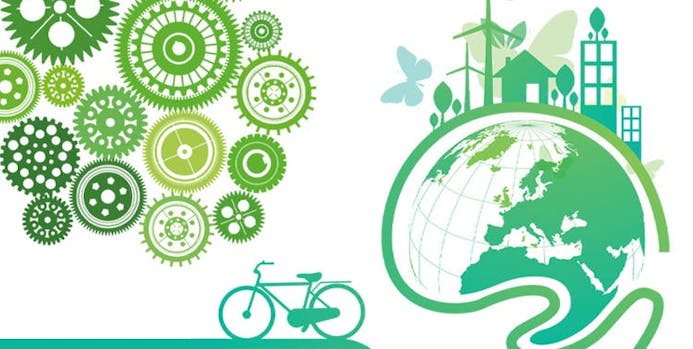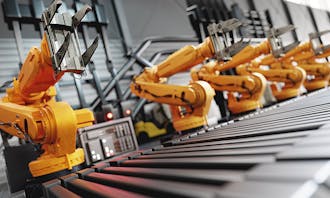Making zero waste factories a reality
2020-04-15
2 min read
Concerns about how the manufacturing industry impacts the environment are growing. Manufacturers are now under a lot of pressure from consumers and governments to adopt new practices that improve sustainability. Here, we look at some of the facilities leading the way in reducing emissions while remaining competitive in their sectors.
According to a CGS survey, 66% of people consider sustainability to be a key factor when making purchases. Furthermore, these individuals are willing to pay additional funds for ethical products. As consumers and organisations grow increasingly aware of environmental issues, manufacturers must do more to meet customer demands.
All manufacturers can benefit from improving sustainability because it can also improve efficiency and reduce costs. However, the industry cannot eliminate its carbon emissions overnight.
How to reduce emissions in business:
Sustainable manufacturing is a continuous journey that requires business owners to review their processes. Manufacturers can then start making changes to design. From this, they can produce high-quality goods using less materials, less energy, and more ethical methods.
There is no single way to become a sustainable company. Businesses must take the time to find processes that work best for their facility. Instead of following a single route, manufacturers can look to companies that are already leading the way in sustainability for inspiration.
Unilever
Unilever's Sustainable Living Plan sets targets to reduce its impact on resources. These may include energy, water, and raw materials across production.
Unilever has invested in automation and deployed intelligent technologies at scale to cut production costs. Therefore, meeting its goal to halve its environmental impact in ten years

IBM
Sustainable practices have been a part of the company’s mission since the 1960s. Its data centres have received awards from the European Commission for their long-time energy efficiency successes.
IBM's sustainability plan now works on creating smart buildings. These buildings save resources and use eco-friendly practices like green procurement and water management.
Volvo
In 2018, Volvo's sustainability plan included opening its first climate-neutral manufacturing plant. Which, was a big step towards the company's goal of making all of its businesses climate-neutral by the year 2025. The plant uses heat from burning waste, biomass, and recycled biofuels, and its energy comes from renewable sources.
Schneider Electric
This company is a global specialist in energy management and automation. Schneider Electric sustainability plan has set out to invest over ten billion euros in innovation and R&D for sustainable development. Taking place between 2015 and 2025, in order to for emission reductions.
The group used the ideas of the circular economy in every part of the business. Giving them the opportunity to reduce carbon emissions by 130,000 tonnes between 2017 and 2018. The business now has 13 net zero carbon buildings.
Henkel
This German company has supported environmental and social growth for more than 140 years. The goal of Henkel's sustainability plan is to create more value for customers, suppliers, and the areas where it does business, all while leaving less of an impact on the environment.
Henkel recently developed a cloud-based data platform to connect more than 30 sites in real time. This was to meet growing consumer demand as well as improve sustainability and reduce cost.



